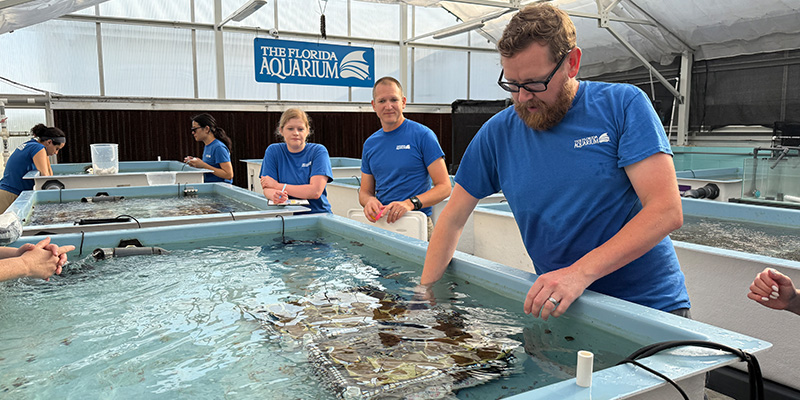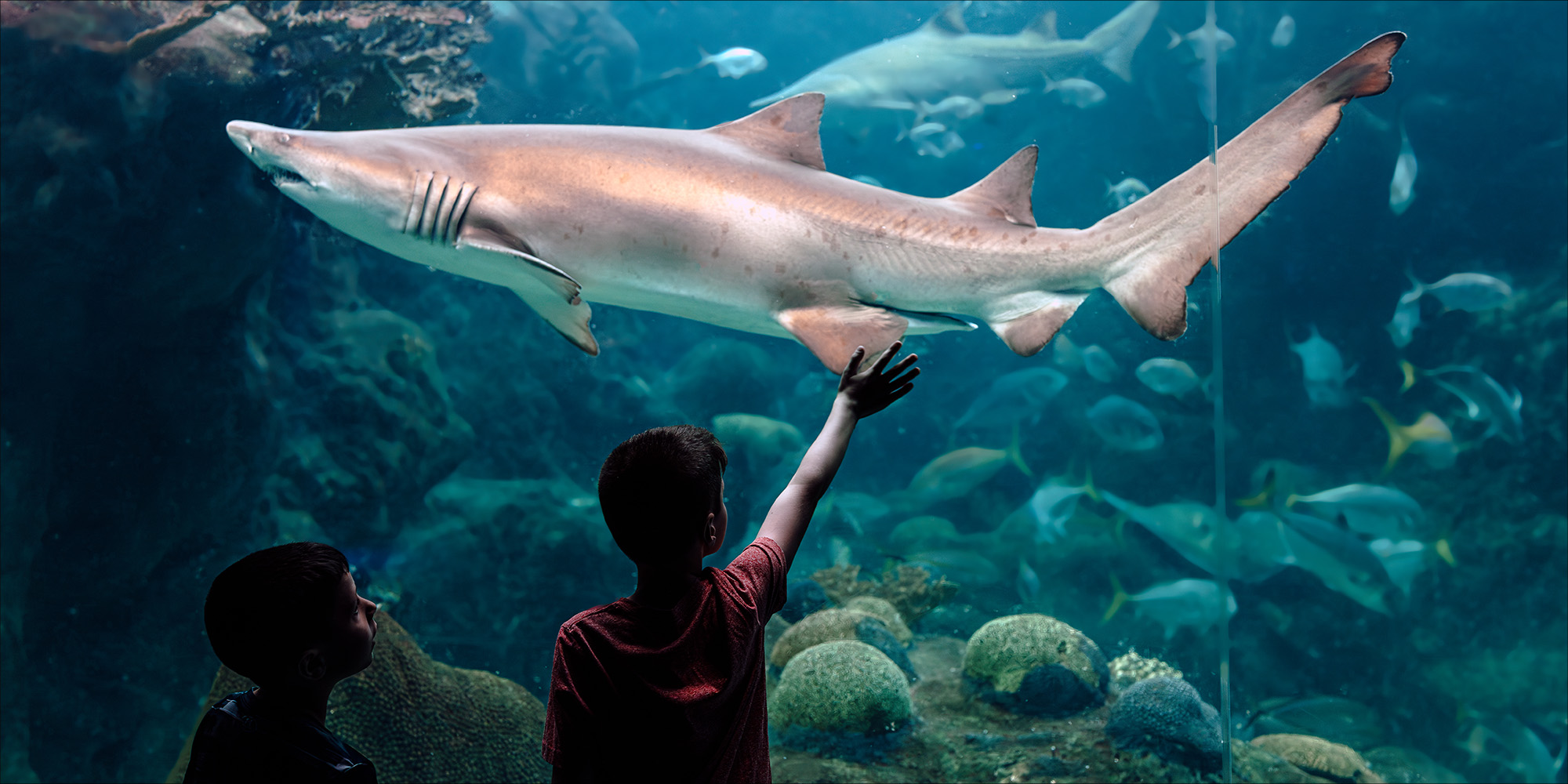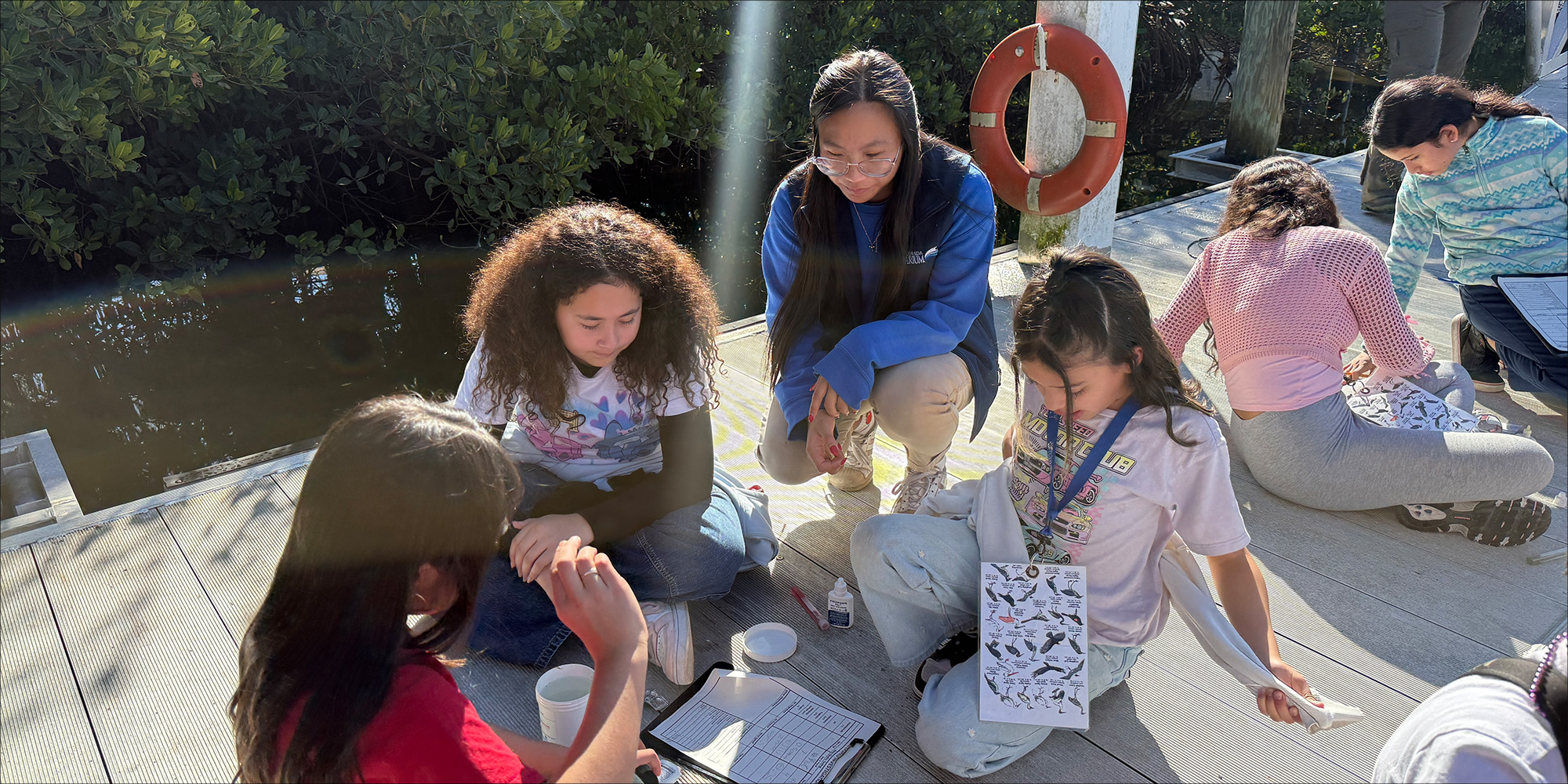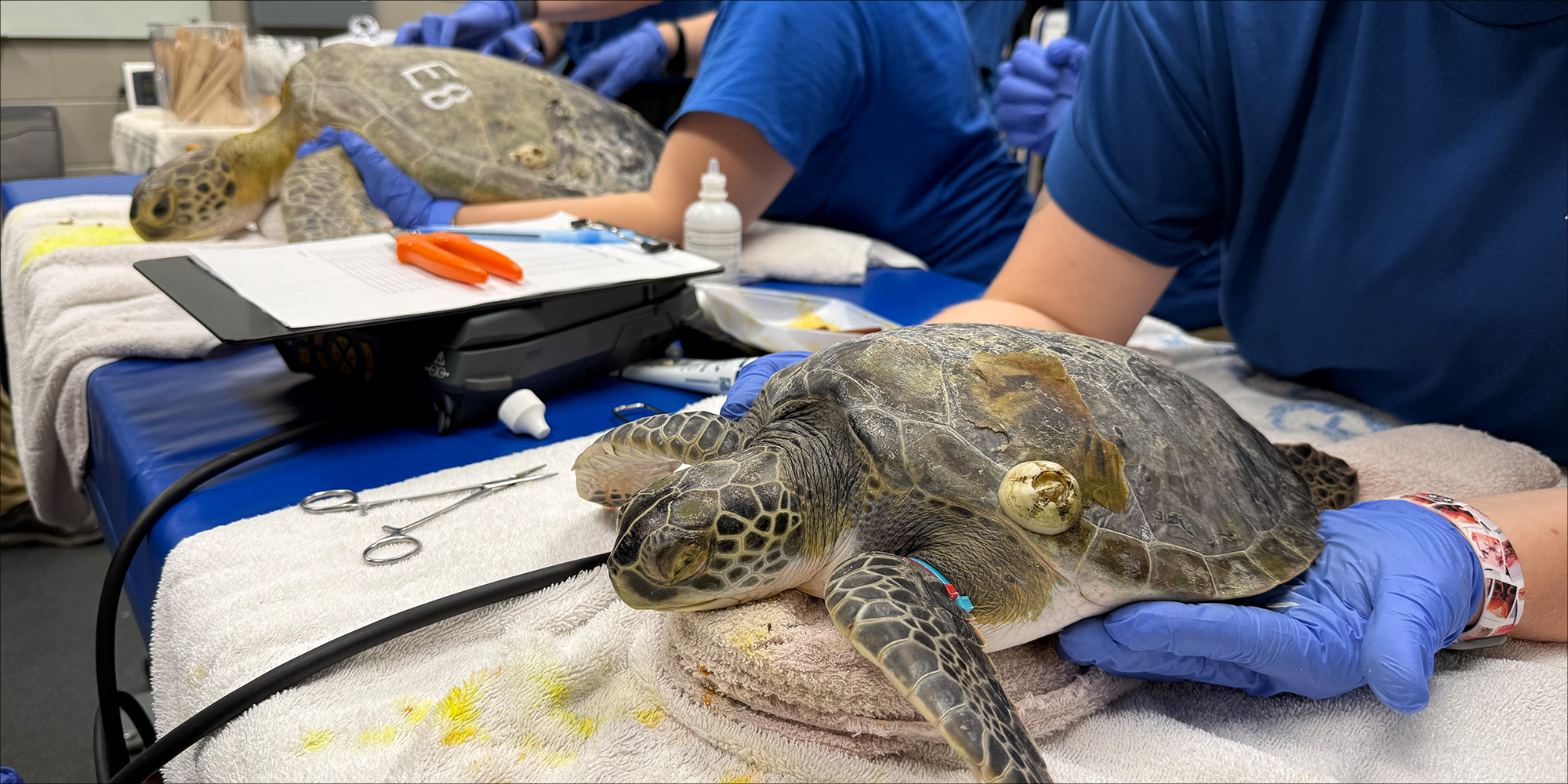Corals Born at The Florida Aquarium Head to the Keys

APOLLO BEACH, FL (May 9, 2025) – Florida’s Coral Reef is in trouble—but hope is on the way in the form of nearly 1,050 coral babies spawned and raised at The Florida Aquarium. Wednesday, the Aquarium’s Coral Conservation team transported the young elkhorn corals to the Florida Keys, where they are being planted on the reef or nurtured in ocean-based nurseries. The corals include many new genetic combinations that researchers hope will bring new life to one of Florida’s most important marine ecosystems—providing shelter for marine life, protecting coastlines from hurricanes, and supporting the state’s recreation, tourism, and fishing industries.
***CLICK HERE TO DOWNLOAD PHOTOS,
BROADCAST-QUALITY VIDEOS & SOUND***
(Sound with Keri O’Neil, Director of Coral Conservation Program, The Florida Aquarium)
Courtesy: The Florida Aquarium
Timely Response to a Global Coral Crisis
The coral transfer comes at a critical time amid the fourth and most severe global bleaching event in history, and it’s not clear when the current crisis will end. According to the International Coral Reef Initiative (ICRI), 84% of the world’s coral reefs have been affected since January 2023. Coral bleaching—often caused by ocean heat stress—results in corals releasing the algae they depend on for survival, leaving them vulnerable to disease and even death.
These baby corals, all born in 2022 and 2023 at the Aquarium, came from rescued parent colonies originally from Florida’s Coral Reef. Their parents were brought to safety to ensure their survival at The Florida Aquarium’s Coral Conservation and Research Center in Apollo Beach before the devastating 2023 mass bleaching event hit—the worst on record.
“The summer of 2023 was devastating to Florida’s elkhorn coral population,” said Keri O’Neil, Director of the Aquarium’s Coral Conservation Program. “The coral juveniles we just transferred are made up of many new mother and father combinations that we hope will be more resilient to future stressors. Without human intervention, these parent corals would not be able to breed due to the extent of the loss. They’re a sign that, even during a crisis, we can make a difference. By working together, we’re protecting a reef that’s essential to our environment, our economy, and the thousands of species that call it home.”
From Apollo Beach to the Keys: A Journey to Revitalize Florida’s Coral Reefs
The special delivery rolled out of The Florida Aquarium’s Coral Conservation and Research Center in Apollo Beach earlier this week. Biologists and volunteers carefully packed and loaded hundreds of elkhorn corals into coolers, kicking off a road trip to the Florida Keys to support critical reef restoration efforts.
The destination: Keys Marine Laboratory (KML) on Long Key, operated by the Florida Institute of Oceanography at the University of South Florida. Once there, the coral babies were gradually introduced to KML’s temperature-controlled seawater systems to acclimate before being distributed to restoration partners:
- Coral Restoration Foundation
- Mote Marine Laboratory
- Reef Renewal USA
- Sustainable Ocean and Reefs (SOAR)
Each organization received approximately 300 young corals, with SOAR receiving 100. These corals will eventually be planted on reefs within NOAA’s Mission: Iconic Reefs, one of the world’s most ambitious coral restoration projects, targeting seven critical sites in the Florida Keys National Marine Sanctuary.
The juvenile elkhorn corals delivered were collected, spawned, and reared with support from the NOAA Restoration Center, the National Fish and Wildlife Foundation, the NOAA Coral Reef Conservation Program, and the National Marine Sanctuary Foundation.
“Florida’s Coral Reef is facing an unprecedented crisis. Warming waters and past bleaching events are putting this vital ecosystem on the brink,” said Dr. Katey Lesneski, Research and Monitoring Coordinator for Mission: Iconic Reefs. “The Florida Aquarium’s work to raise and restore genetically diverse, resilient coral is a critical part of our collective fight to protect the Florida Keys National Marine Sanctuary. That’s why we support projects like this—not only to help preserve coral species at risk of extinction, but also because they give us hope for the future.”
The Florida Aquarium’s Coral Conservation and Research Center is one of the largest land-based coral propagation facilities in the country, dedicated to breeding and raising genetically diverse corals for reef restoration. In addition to the juvenile corals, the Aquarium also provided about 40 fragments from original parent colonies to help partners continue growing new colonies in the field.
Funding for KML’s restoration seawater tables was made possible by the Florida Department of Environmental Protection’s Office of Resilience and Coastal Protection, in partnership with Monroe County.
Visit The Florida Aquarium’s website for more information about the Coral Conservation Program.
To note: All corals were born, raised, and transferred under FWC Permit #SAL-24-2426-SCRP. Support for this project was provided in part by a contract from the National Marine Sanctuary Foundation under Federal Award NA20NMF4630328. The views and conclusions contained in this document are those of the authors and should not be interpreted as representing the opinions or policies of the U.S. Government or the National Fish and Wildlife Foundation and its funding sources.”
The Latest from The Florida Aquarium
-

February 12, 2026
Don’t Miss It! Celebrate the Long Weekend with 50% Off at The Florida Aquarium
With many students off Friday for Florida State Fair Day and most schools closed Monday for Presidents Day, families across the Tampa Bay area are enjoying a long holiday weekend, and The Florida Aquarium is inviting guests to make the most of it and even save 50% on admission up to four general admission tickets…
Read More -

February 11, 2026
Fifth Graders Become Field Scientists at The Florida Aquarium’s Conservation Campus
With clipboards and test tubes in hand, fifth graders from Yates Elementary School traded their desks for mangrove trails, pond banks, and the Tampa Bay shoreline as they became field scientists for the day at The Florida Aquarium’s Conservation Campus in Apollo Beach. As part of the Aquarium’s decade-long Watershed Investigations program, students rotated through…
Read More -

February 9, 2026
First Turtles of the Cold-Stun Season Arrive at The Florida Aquarium
Facing water temperatures that plunged into the 50s following the recent Arctic blast, hundreds of green sea turtles have stranded off the Gulf coast along Florida’s Panhandle. In just the past ten days, the Florida Fish and Wildlife Conservation Commission (FWC) has rescued more than 600 cold-stunned sea turtles. FWC determined two of those turtles…
Read More
Stay Up to Date
Want to know what’s happening below the surface? Sign up to receive our email newsletter, “The Current”, and dive into the latest news, events, and exhibit updates happening here at the Aquarium.
